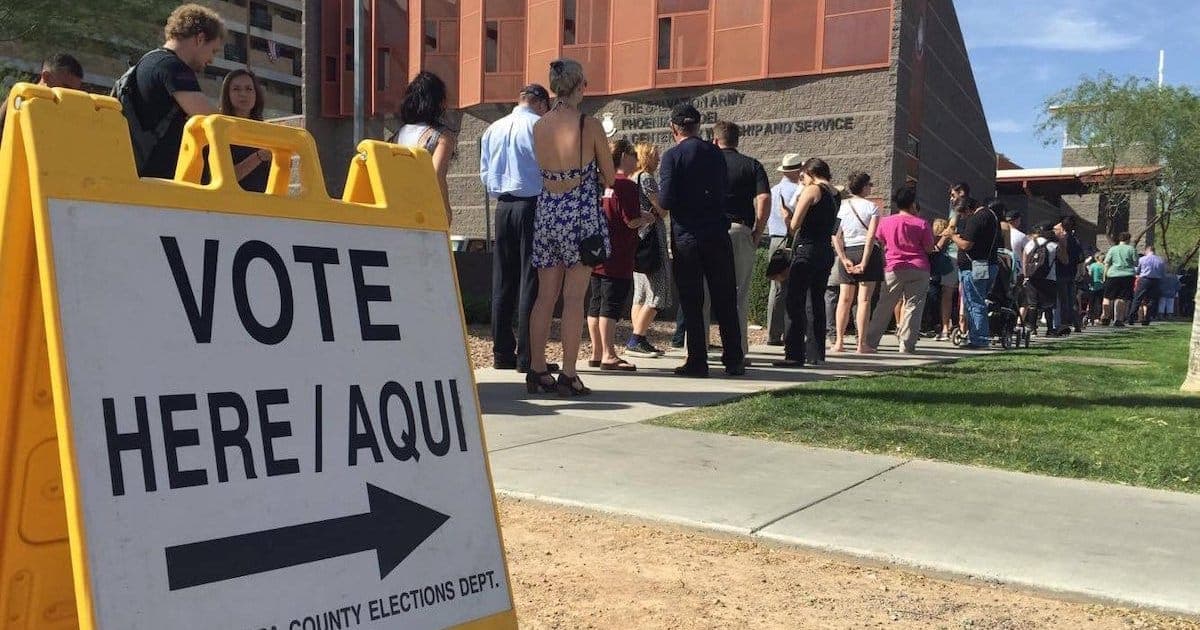New Report Finds Voter Purges Threaten Rights of Eligible Wisconsin Citizens

Editor's Note: This article originally published on The Fulcrum and has been republished on IVN with permission from the publisher.
A new study suggests some voters in Wisconsin, particularly members of minority communities in that perennial tossup state, may lose their voting rights thanks to flaws in the state's process for maintaining registration lists.
At least 4 percent of Wisconsin voters' registrations were incorrectly flagged as out of date in 2018 because they were suspected of having moved but had not done so, Yale University researchers found.
Their report offers a number of caveats that demonstrate the incorrect labeling is likely higher than 4 percent. And in a place where the state Supreme Court is considering whether to purge 129,000 voters — and where the last two contests for presidential electors were each decided by fewer than 25,000 ballots — every registration is critical.
Wisconsin participates in the Electronic Registration Information Center, which shares data (like motor vehicle and Postal Service records) among 30 states and Washington, D.C., to help them maintain voter registration lists, or poll books. Yale's researchers, led by political science professor Gregory Huber, compared ERIC's Wisconsin data to actual voter files from 2018 and 2019.
From there, they could determine which suspected movers never responded to the state's postcards seeking address confirmation but still cast ballots at the addresses on file — data totaling at least 9,000 registrants, or 4 percent of the registered voters. And minority voters were twice as likely as white voters to be mislabeled.
The researchers referred to those numbers as a "lower bound" because additional people may have proactively reactivated their registrations after the data was collected or did not vote and therefore could not have been counted.
"The process of maintaining states' voter registration files cries out for greater transparency," said Huber. "Our work shows that significant numbers of people are at risk of being disenfranchised, particularly those from minority groups."
Huber noted that the researchers saw no evidence of intentional targeting of minority voters and he gave the state credit for combining fraud protections with efforts to ease voting.
"The poll books are a great way to identify mistakes and prevent people from being disenfranchised," he said. "The state also has same day voter registration, which is another safety valve that doesn't exist in many states. We suggest that states expend more effort on contacting people at risk of losing their registration."
Meanwhile, the Wisconsin Supreme Court has yet to rule on a case that could impact the voting eligibility of people who may have moved but whose addresses have not been confirmed.
The court heard oral arguments in September over whether the state must enforce strict list maintenance to prevent voter fraud (of which there is scant evidence) at the possible cost of voter suppression (as voting rights advocates say would be the result).



